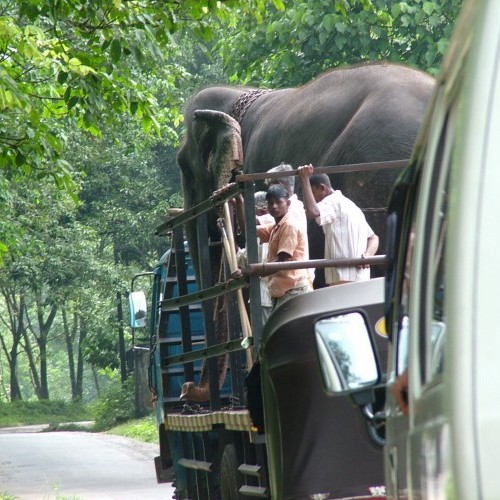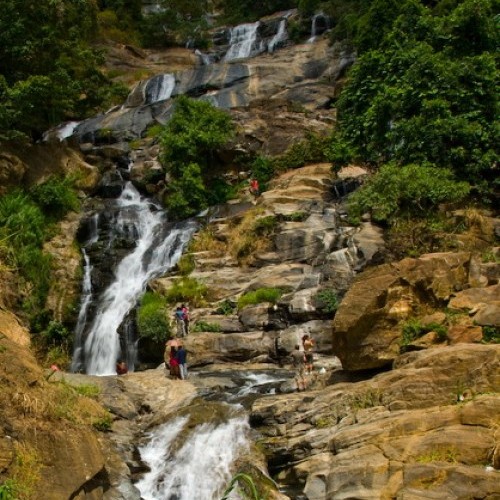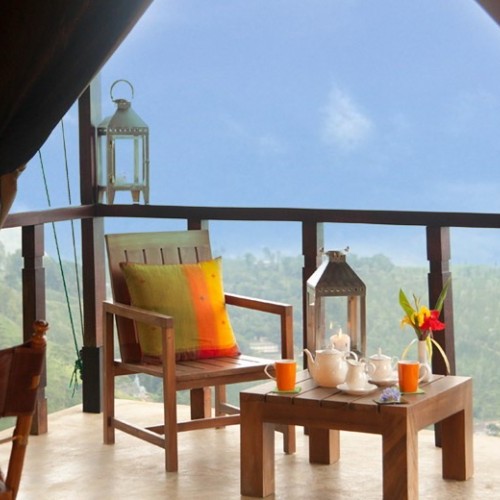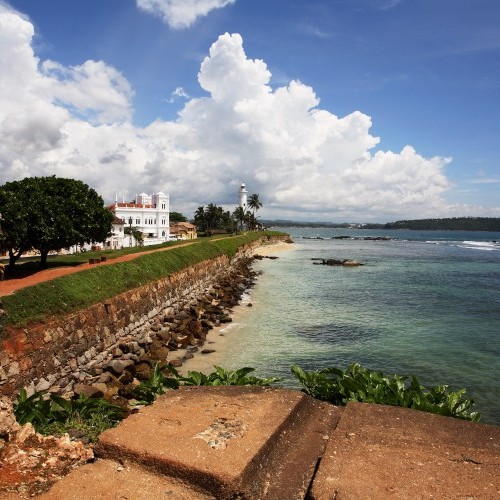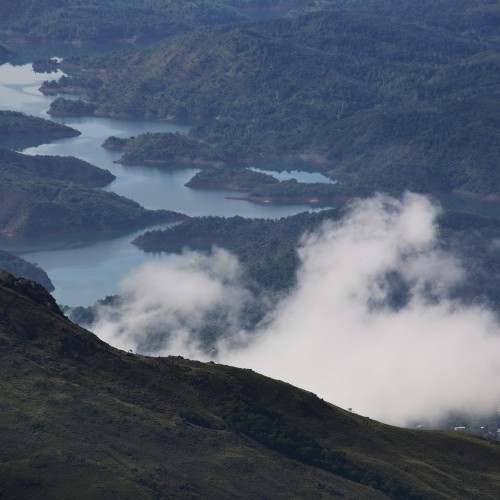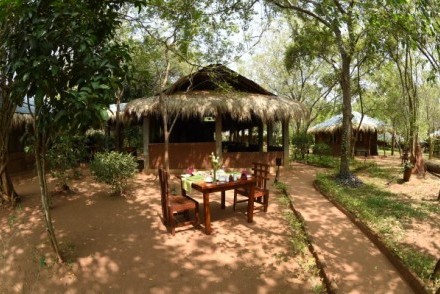Health Check
Essential Information For Sri Lanka
Health Advice
You are advised to visit your general practice surgery or a specialist travel medicine clinic at least 6 weeks before you travel. However, it is never too late to seek advice. If you suffer from a long-standing medical condition such as diabetes, high blood pressure, heart/lung disease, or a nervous disorder, arrange for a check-up with your doctor who can prescribe enough medication for your time abroad and, at the same time, provide you with a letter explaining details of your condition. You should also have a dental check-up before you travel, and obtain a spectacles prescription, if required.
For current, expert travel health advice, please contact:
The National Travel Health Network and Centre (NaTHNaC)
NaTHNaC has been created to promote clinical standards in travel medicine with the goal of 'protecting the health of British travellers'. NaTHNaC will do this by improving the quality of travel health advice available to GP practices and other health care professionals, as well as providing online web resources that provide health information and advice for travellers. NaTHNaC should be your first port of call when considering what health precautions to take when travelling to Sri Lanka. NaTHNaC will not be able to answer queries from the public. www.nathnac.org/travel/index.htm
Fit For Travel
Public access website provided by NHS (Scotland), which gives travel health information for people travelling abroad from the UK. www.fitfortravel.scot.nhs.uk/home.aspx
MASTA
One of the largest networks of travel clinics in the country and advisors to British Airways for travel medicine, MASTA provide professional travel health advice directly to the public through their bespoke online Health Brief and via an extensive network of travel clinics. www.masta-travel-health.com/
Nomad Travel Clinic
Offers a full travel vaccination service, anti-malarials, travel medical kits and travel health advice. Phone to book for an appointment or use their walk-in service. www.nomadtravel.co.uk/pg/140/Travel-Clinic
Travel and Medical Insurance
Before you leave the UK, Tikalanka strongly recommends that you take out adequate insurance for your own financial and personal security. We believe that safety and enjoyment are equally important when travelling with Tikalanka. It is therefore one of our terms and conditions of booking that you have adequate travel insurance in place before you travel; cover must include emergency medical expenses, personal accident and repatriation, and ideally COVID-19 interruption protection, End Supplier Insolvency and Travel Disruption (Force Majeure) insurance. In addition, we strongly recommend that you include baggage, personal liability and cancellation cover.
Vaccinations
Always consult your doctor or a specialist travel clinic before travelling. If you require any of the recommended vaccinations below, see your doctor well in advance of your travel. Most courses must be completed in a minimum of four weeks. Travel clinics may provide rapid courses of vaccination but are likely to be more expensive.
Yellow Fever is the only compulsory vaccination necessary for entry into Sri Lanka, but only if you are arriving from an infected area within six days (see below).
The following vaccinations are strongly recommended for a trip to Sri Lanka:
- COVID-19
- Hepatitis A
- Poliomyelitis
- Tetanus
- Typhoid
See Fit For Travel for recommended vaccinations.
The following vaccinations also may be required, depending upon your chance of exposure or seasonal variations. Consult your doctor or a specialist travel clinic for more information:
- Hepatitis B
- Diphtheria
- Japanese B Encephalitis (JVE)
- Rabies
- Tuberculosis
You may be asked for an 'International Certificate of Vaccination or Revaccination Against Yellow Fever' if you have visited a country affected by yellow fever immediately before travelling to Sri Lanka (normally within the previous six days).
Children should, in addition, be properly protected against the following: whooping cough, mumps, measles and HIB.
Teenage girls should be given rubella (German measles) vaccination if they have not already had the disease.
Malaria
There is a potential risk of malaria in Sri Lanka in the area north of Vavuniya, although the risk is very low in the rest of the country. In fact, the island was declared "malaria-free" by the WHO in 2016 (see www.searo.who.int/mediacentre/releases/2016/1631/en/).
Malaria is a serious febrile illness caused by infection of red blood cells with Plasmodium sp. parasites: P. falciparum, P. vivax, P. ovale and P. malariae. Malaria is transmitted via the bite of infected Anopheles mosquitoes, which feed predominantly during the hours from dusk to dawn. All travellers to malaria areas are at risk. There is no vaccination to prevent malaria.
Malaria precautions are essential. Avoid mosquito bites by covering up with clothing such as long sleeves and long trousers especially after sunset, using insect repellents on exposed skin and, when necessary, sleeping under a mosquito net. Chloroquine together with proguanil are usually recommended for those visiting risk areas. However, due to the malarial parasites immunity to certain older drugs, and the side effects caused by newer alternatives, you must check with a reputable agency, ideally a specialist travel clinic, which prophylactic drugs are best for your trip to Sri Lanka. If you have been travelling in a malaria area and develop a fever seek medical attention promptly. Remember malaria can develop even up to one year after exposure.
Dengue fever
Dengue is known or presumed to occur in Sri Lanka.
Dengue is a systemic viral disease transmitted via the bite of infected Aedes aegypti mosquitoes, which feed predominantly during daylight hours. All travellers to dengue areas are at risk. There is no vaccination or medication to prevent dengue.
Dengue precautions are essential. Avoid mosquito bites at all times in dengue areas by covering up with clothing such as long sleeves and long trousers, using an effective insect repellent (e.g. Smidge - www.smidgeup.com/) on exposed skin and, when necessary, sleeping under a mosquito net. If you have been travelling in a dengue area and develop a fever seek medical attention promptly. A previous dengue illness with one of the four dengue virus serotypes does not confer immunity to other virus serotypes. Infection with a second dengue serotype may be a risk factor for the development of dengue haemorrhagic fever.
There are two peak seasons of dengue in Sri Lanka: October to December (northern and eastern regions) and May to July (southern and western regions). Please go to www.iamat.org/country/sri-lanka/risk/dengue for more information.

